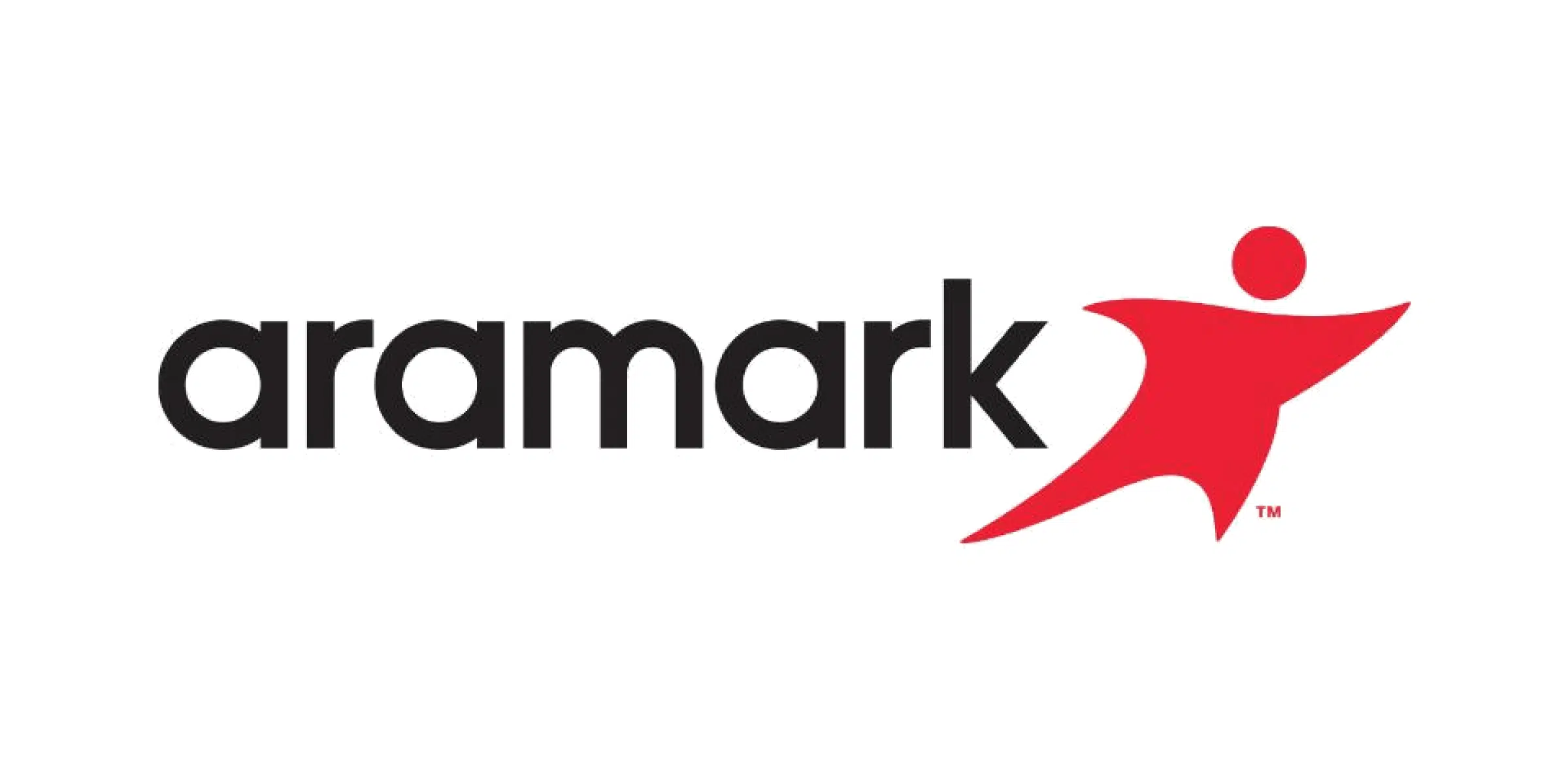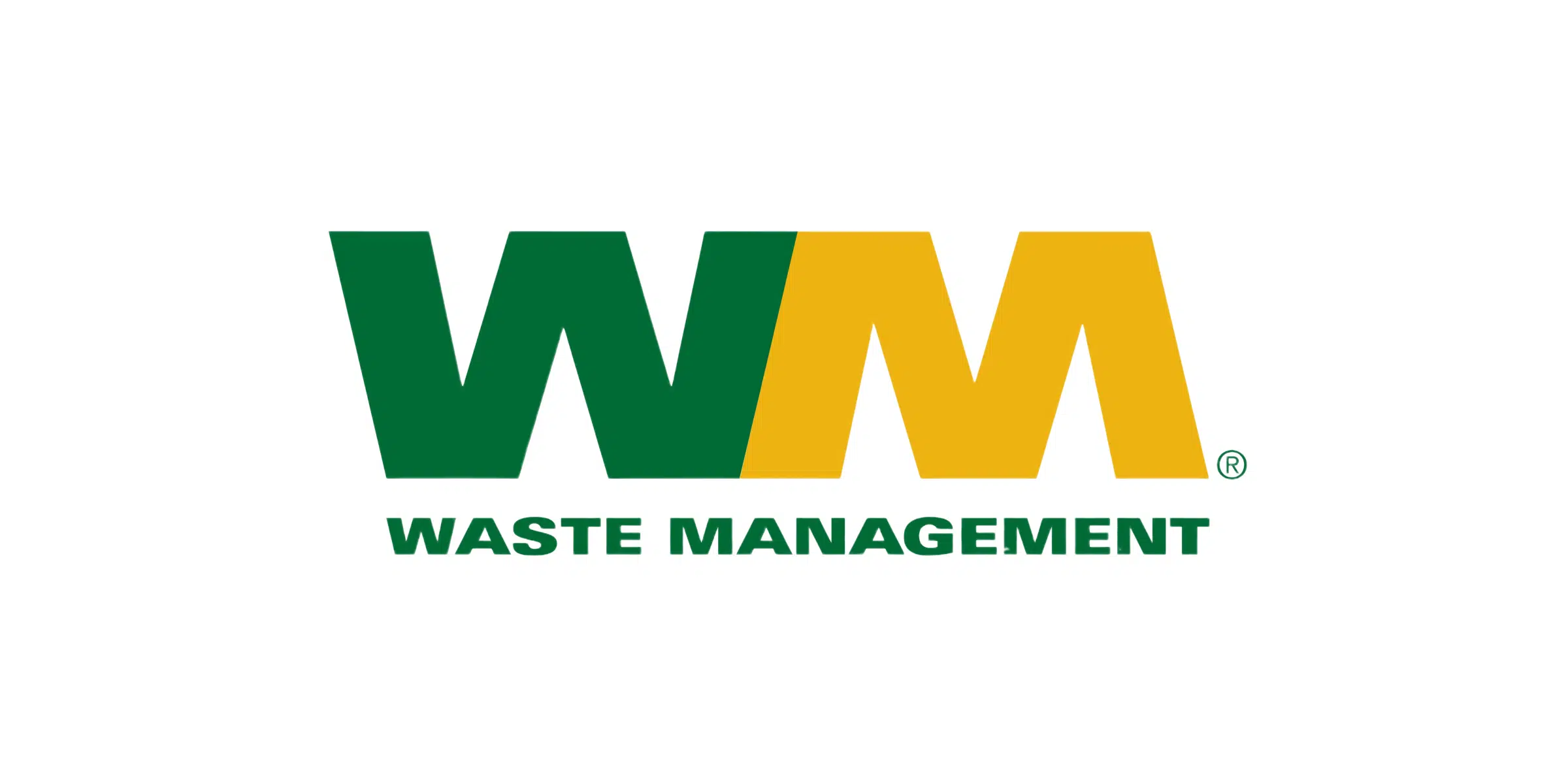
At this point, the need to decarbonize road transportation is widely accepted — the EPA reports that the transportation sector contributes nearly one-third of U.S. greenhouse gas emissions, 83% of which come from light-duty vehicles and medium- and heavy-trucks. Electrification is rapidly picking up speed, but significant barriers still prevent it from being a viable option for all fleet owners — and all vehicles.
We need a solution for the meantime, while electrification scales, clean energy supply catches up to demand and new alternative engine technologies are developed. For diesel-powered fleets, renewable diesel may be the immediate answer.
What is Renewable Diesel?
Renewable diesel is a substitute for diesel fuel, categorized by the U.S. Department of Energy as an emerging alternative fuel. Made from renewable waste and biomass sources, like soybeans or used cooking oils, renewable diesel is a direct replacement for traditional fossil-based diesel. Due to its chemical similarity to its traditional counterpart, renewable diesel can be immediately used in a diesel engine with no cleaning, transitioning or blending required — you can even mix traditional and renewable diesel in the tank with no issues.
What are the Benefits of Renewable Diesel?
Though renewable diesel functions almost identically to traditional fossil-based diesel, the benefits of the renewable option are plentiful — and not just for the environment.
For one, renewable diesel offers immediate carbon reduction amid an energy transition whose largest solutions (think: electrification) will take years to develop and scale. Although fleet owners may be hesitant to invest in expensive sustainability solutions now given their likely plans to invest in electrification at some point down the road, they can immediately reduce GHG emissions with renewable diesel.
Renewable diesel can deliver up to 70% lower lifecycle emissions compared to petroleum diesel. Other benefits renewable diesel can provide to fleets include better vehicle performance, reduced maintenance, cleaner fuel burning, and no odor. Due to its low “cloud point” and high cetane levels, renewable diesel boasts improved cold-weather performance, quicker cold starts, less noise and better throttle response than traditional diesel. It can also be stored for long periods with no deterioration in quality or water accumulation.
Perhaps its largest selling point: renewable diesel can be used in traditional diesel engines with no upgrades, and can be mixed with traditional diesel as needed, meaning fleet owners and drivers can easily switch back and forth between renewable and traditional diesel.
In other words, the transition to renewable diesel offers significantly lower emissions with no significant commitment, making sustainability the easy choice for fleet customers right now — if they can access it.
How Can Fleet Managers Access Renewable Diesel?
Increasing the widespread adoption of renewable fuels will require making them available and easy to access. Although the U.S. has six operating renewable diesel production facilities producing a combined total of 791 million gallons of fuel per year (as of January 2021), the majority of gas stations fail to offer sustainable fuels. For example, out of 145,000 fuel stations in the United States, the AFDC reports that only 833 carry biodiesel—fewer than 1%.
But with new technologies and business models, fleet managers no longer need to rely on traditional gas station infrastructure to fuel their fleets. Mobile fueling on demand (MFOD) offers fleet managers renewable diesel delivered directly from the terminal to their vehicles, saving the time, money and emissions normally spent by each vehicle going to and from the gas station.
In addition to accessibility constraints, renewable diesel is often expensive to adopt. This is being mitigated in some states through tax credits and production incentives. Currently, renewable diesel is only cost-competitive with traditional diesel in California. This is due to the California Air Resource Board’s (CARB) Low Carbon Fuel Standard (LCFS) program, which brings down the cost of sustainable fuel production to enable pricing competitive with that of traditional fuels.
To decrease the carbon intensity of the state’s transportation fuel supply and stimulate the production of low-carbon and renewable alternatives, the LCFS program offers credits to producers of certain low-carbon and renewable fuel alternatives. It then requires that producers of traditional fossil-based or carbon-intensive fuels purchase those credits (on an open market from the producers who have gained them) to offset their carbon intensity. This supply and demand system incentivizes production of low-carbon and renewables over fossil-based and carbon-intensive fuels.
Because this system makes renewable diesel in California cost-competitive to traditional diesel, there is little preventing Booster-enabled diesel fleets from switching to renewable diesel, especially as Booster’s MFOD platform makes it so simple. Recognizing this opportunity, and understanding the need to speed decarbonization and drive greater sustainability in transportation, Booster recently transitioned nearly 50 Booster-fueled fleets in Sacramento, San Jose and San Diego — totaling nearly 1,000 fleet vehicles serviced daily — to renewable diesel, enabling them to slash their greenhouse gas (GHG) emissions by up to 70%. With this new renewable diesel service offering expansion, Booster now services nearly 100% of its diesel-powered California customers with renewable diesel.
Transitioning with Sustainability
As the energy transition continues, a diverse mix of solutions will be required to maximize potential emissions savings at every stage. While electrification ramps up, more infrastructure is developed and alternative vehicle technologies scale, sustainable fuels can offer immediate reduction of emissions with little to no investment.
As fleet managers of diesel-powered fleets consider ways to immediately lower emissions, they should look to MFOD and renewable diesel as a simple, quick way to gain an immediate boost in both efficiency and sustainability.







